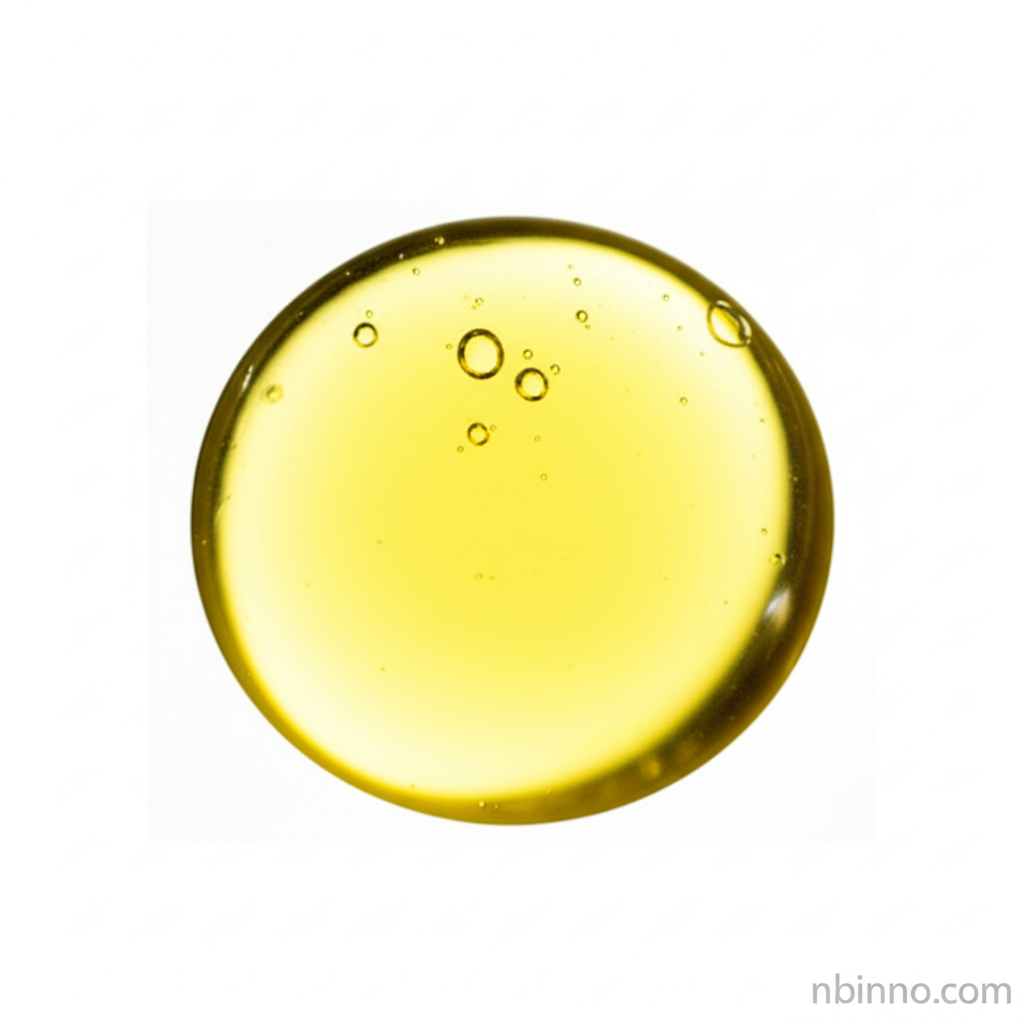Eicosapentaenoic Acid (EPA): A Comprehensive Guide to Benefits, Uses, and Applications
Discover the profound health benefits and scientific applications of Eicosapentaenoic Acid (EPA), a key omega-3 fatty acid.
Get a Quote & SampleProduct Core Value

Eicosapentaenoic Acid
Eicosapentaenoic Acid (EPA), also known as Timnodonic Acid, is a potent omega-3 fatty acid with significant health implications. It plays a critical role in reducing inflammation throughout the body and is extensively studied for its benefits in managing high triglyceride levels, a key risk factor for cardiovascular disease. Its anti-inflammatory properties extend to various bodily systems, potentially alleviating symptoms associated with inflammatory conditions.
- Explore the Eicosapentaenoic Acid benefits for cardiovascular health, including its role in managing blood fats.
- Understand the mechanism behind EPA anti-inflammatory properties and how it combats inflammation.
- Learn about Timnodonic Acid cardiovascular health advantages and its impact on heart function.
- Discover the scientific evidence supporting EPA supplement for depression and its potential mood-boosting effects.
Key Advantages of EPA
Supports Cardiovascular Health
Research indicates that Eicosapentaenoic Acid benefits extend to heart health, particularly in managing triglyceride levels, which is crucial for preventing heart disease.
Potent Anti-inflammatory Action
The inherent EPA anti-inflammatory properties make it a valuable compound for mitigating chronic inflammation, offering relief for various health concerns.
Mood and Cognitive Support
Studies suggest that EPA supplement for depression and brain health can significantly improve mood and cognitive functions, making it a key component in mental wellness strategies.
Key Applications
Nutritional Supplementation
As a cornerstone of omega-3 intake, EPA is widely used in nutritional supplements to promote overall health and well-being.
Cardiovascular Health Management
The impact of Eicosapentaenoic Acid triglyceride reduction is well-documented, positioning it as a key ingredient in managing cardiovascular risk factors.
Inflammation Control
Leveraging its EPA anti-inflammatory properties, it is used in formulations aimed at managing inflammatory conditions and promoting comfort.
Mental Well-being and Cognitive Function
The exploration of EPA for brain health continues, with promising results for mood enhancement and cognitive support.
